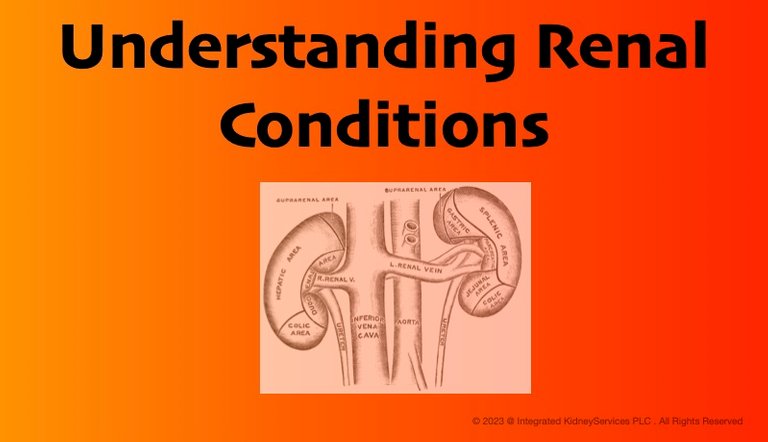
Article name: Mechanisms of Metabolic Acidosis–Induced Kidney Injury in Chronic Kidney Disease
This article was published in the Journal of the American Society of , Nephrology in 2020. It is a review article which describes the mechanisms by which metabolic acidosis contributes to the worsening of chronic kidney disease (CKD).
Metabolic acidosis can be present in CKD due to the decline in the renal capacity to handle acid loads. This untreated metabolic acidosis has been associated with progression of CKD. Mechanisms include:
Increased production of paracrine hormones in the kidney, including angiotensin II, aldosterone, and endothelin-1 (ET-1). They initially mediate kidney acid excretion, but their chronic upregulation promotes inflammation and fibrosis.
Stimulation of ammoniagenesis that increases acid excretion but also leads to ammonia-induced complement activation and deposition of C3 and C5b-9 that can cause tubule-interstitial damage, worsening disease progression



